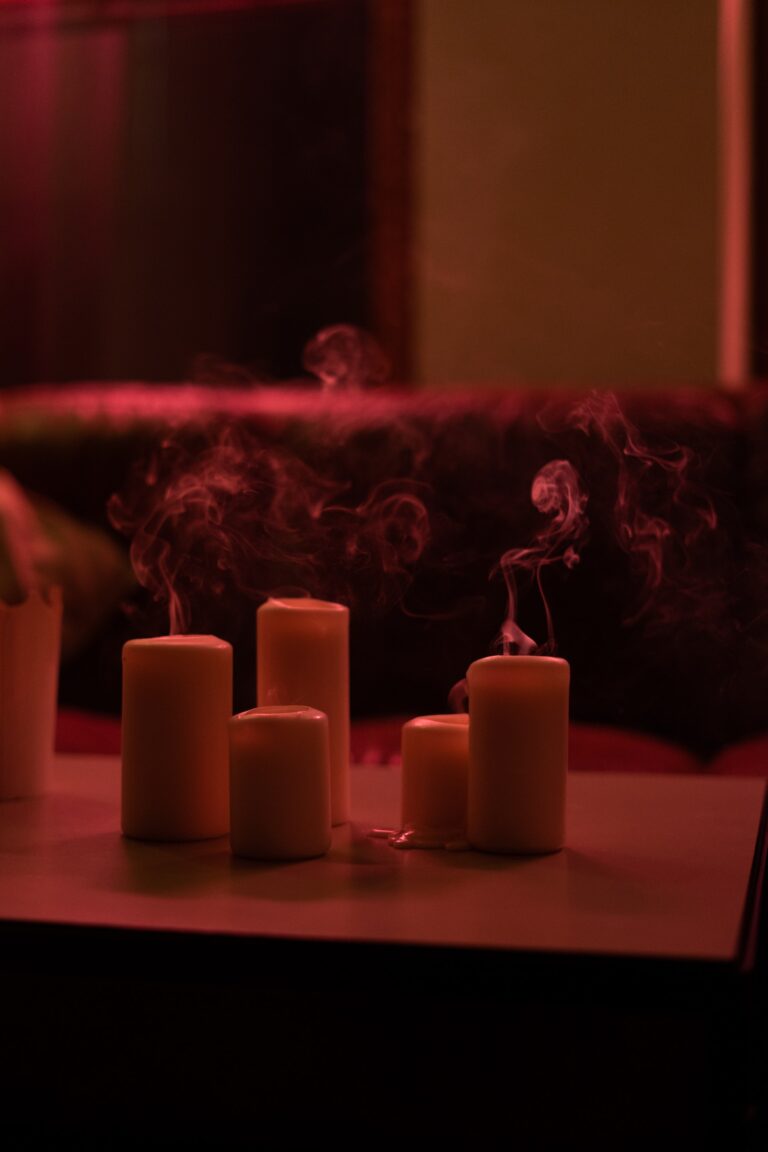Is Prostitution Legal in Norway?
In Norway, the act of selling sex is legal, but purchasing sex is illegal. This means that while sex workers themselves are not breaking the law, their clients can be prosecuted for engaging in the act of purchasing sex. This approach is known as the Nordic Model and was first introduced in Sweden in 1999. Norway followed suit in 2009, and several other countries, including Canada, France, and Ireland, have since adopted similar legislation.
What are the Laws and Penalties Surrounding Prostitution in Norway?
Norway’s Penal Code criminalizes the purchase of sexual services, which is punishable by fines or imprisonment of up to six months. The law also applies to Norwegian citizens who purchase sexual services abroad. Additionally, it is illegal to profit from another person’s prostitution, which includes activities such as pimping, running a brothel, or human trafficking.
- Purchasing sex: Fines or imprisonment of up to six months
- Pimping and running a brothel: Imprisonment of up to five years
- Human trafficking: Imprisonment of up to ten years
While the selling of sexual services is legal, sex workers in Norway still face challenges. For example, they are often unable to rent apartments due to landlords fearing prosecution for indirectly profiting from prostitution.
How is Prostitution Referred to Locally in Norway?
Prostitution in Norway is often referred to as sexkjøpsloven which translates to the sex purchase law. The term sexarbeider is used to describe a sex worker, and kunde refers to a client or customer.
What is the History of Prostitution in Norway?
Prostitution has a long history in Norway, dating back to the 1800s. In the early 20th century, efforts were made to regulate and control the industry through licensing and mandatory health checks for sex workers. However, these efforts were unsuccessful in reducing the prevalence of prostitution.
In the 1970s and 1980s, public opinion shifted towards viewing prostitution as a social problem and a form of violence against women. This led to the introduction of the Nordic Model in 2009, which criminalized the purchase of sexual services in an effort to reduce demand and protect vulnerable individuals from exploitation.
Since the implementation of the Nordic Model, there has been a decrease in street prostitution, but it is unclear whether this is due to the law or other factors such as increased use of the internet for advertising and arranging sexual services.
Where Can You Find Helpful Links, Government Laws, and Resources on Prostitution Legality in Norway?
For more information on prostitution legality in Norway and resources related to the topic, the following links can be helpful:
- Norwegian Penal Code (Lovdata): The official source for Norwegian laws, including those related to prostitution and human trafficking.
- Norwegian Government’s Official Website on Prostitution: Provides an overview of the government’s approach to prostitution and related issues.
- Fafo Research Foundation: A Norwegian research foundation that has conducted studies on prostitution and the effects of the sex purchase law.
- Pro Sentret: A Norwegian resource center for sex workers, offering support, information, and advice.
- Amnesty International’s Report on Norway: Provides an overview of human rights issues in Norway, including the impact of the sex purchase law on sex workers.
